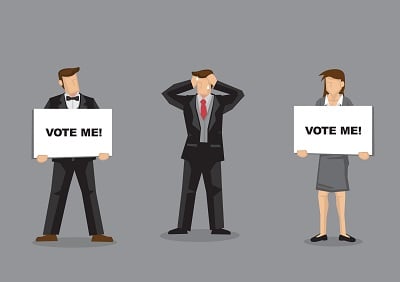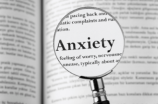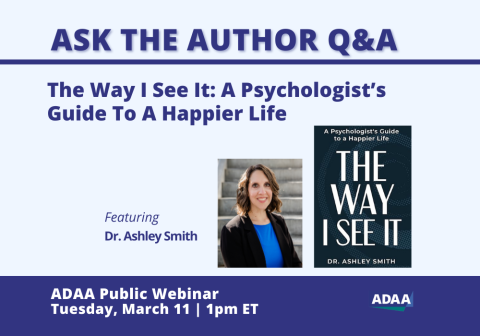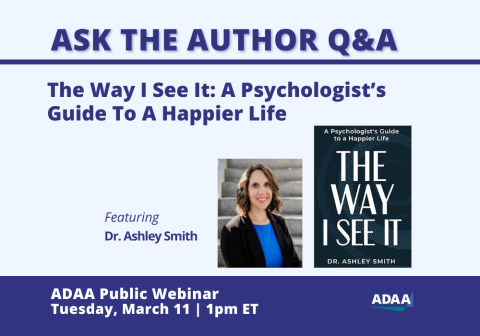Election Stress: How to Find Peace with Political Polarization
Election Stress: How to Find Peace with Political Polarization

As mid-term elections approach, many of us feel our stress levels increasing. A lot is at stake: our personal freedoms, our health, and safety, perhaps even our democracy itself.
We can take wise action by donating, writing letters, or protesting, but it doesn’t guarantee the outcome we want. We’re still getting regular doses of fight-or-flight neurochemicals and hormones urging us to do something! Make certain everything will be OK! How can we manage our stress when so much depends on this election?
Like any worry, election stress is best addressed with a clear strategy. Trying to “wing it” while we are hijacked by the monkey mind won’t get us the peace we’re looking for. When working with my clients and working with myself, I’ve found the following three essential strategies to be most effective.
- Adopt an Expansive Mindset. When faced with an uncertain outcome like the upcoming election, our mind’s tendency is to contract around all the negative outcomes that may happen—the possibility of losing, contested results, and social unrest. If we think we can only rest and relax once these negative outcomes are eliminated, we’ll burn ourselves out with ineffectual activity and worry. To counter this tendency, make an intention to mentally expand around these possibilities and make room for them. For example: Once I’ve done what is within my control, I will allow for the uncertainty that remains.
- Curb the Urge. Notice the unwise action you’re taking to gain certainty about the election and curb it! Constantly checking news feeds for signs that your side is winning, name-calling, trying to convince others that they are wrong, and replaying political talking points repeatedly in your head are all certainty-seeking behaviors triggered by our highly reactive limbic system, and they only feed the cycle of worry and anxiety. When we curb the urge to get certainty, we are cultivating our new expansive mindset, demonstrating to our limbic system that we can tolerate uncertainty and don’t need more fight-or-flight messages. I call this ‘training the monkey.’ This brings us to our third essential strategy.
- Welcome Negative Emotion. While the emotions that accompany uncertainty may feel unbearable, resisting or distracting ourselves from them bring only temporary relief; they inevitably show up again, banging on the door to be let in. Treat these emotions as you would a guest, welcoming them by name. Hello, Anger. Come on in, Dread! Use your breath to open up space in your body for these feelings to play themselves out. Contrary to what you think, fight-or-flight neurochemicals and hormones do metabolize on their own! To help this process along, redirect your thoughts back to your expansive mindset, which accepts everything you can’t directly control, including your own fears.
Note that each of these three strategies is equally essential. They just don’t work well without each other. It’s a tall order, I know— like learning to juggle three balls in the air. And welcoming negative emotion might sound more like juggling a chainsaw! But the good news is that not only will the skills you will gain practicing these three strategies help you learn to relax in the middle of this election’s uncertainty, but you’ll be more likely to take the wise action that is called for. And moving forward, you’ll have the skills to bring more peace and clarity to the rest of your life as well. There is no uncertainty too big or too small for you to master with these three essential steps!
Listen to a guided meditation that helps us learn to relax in the midst of uncertainty.





















